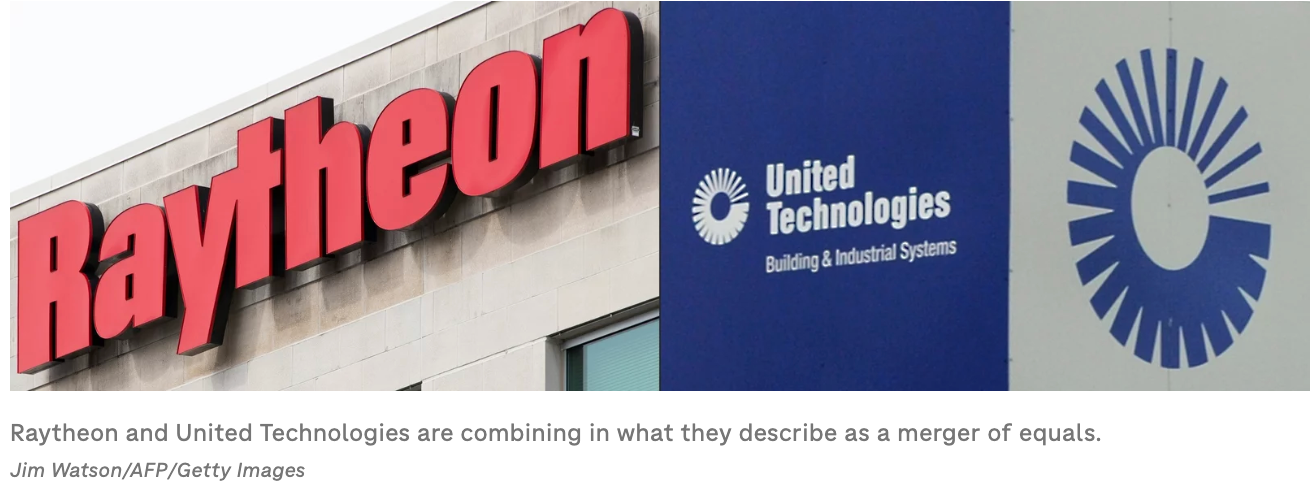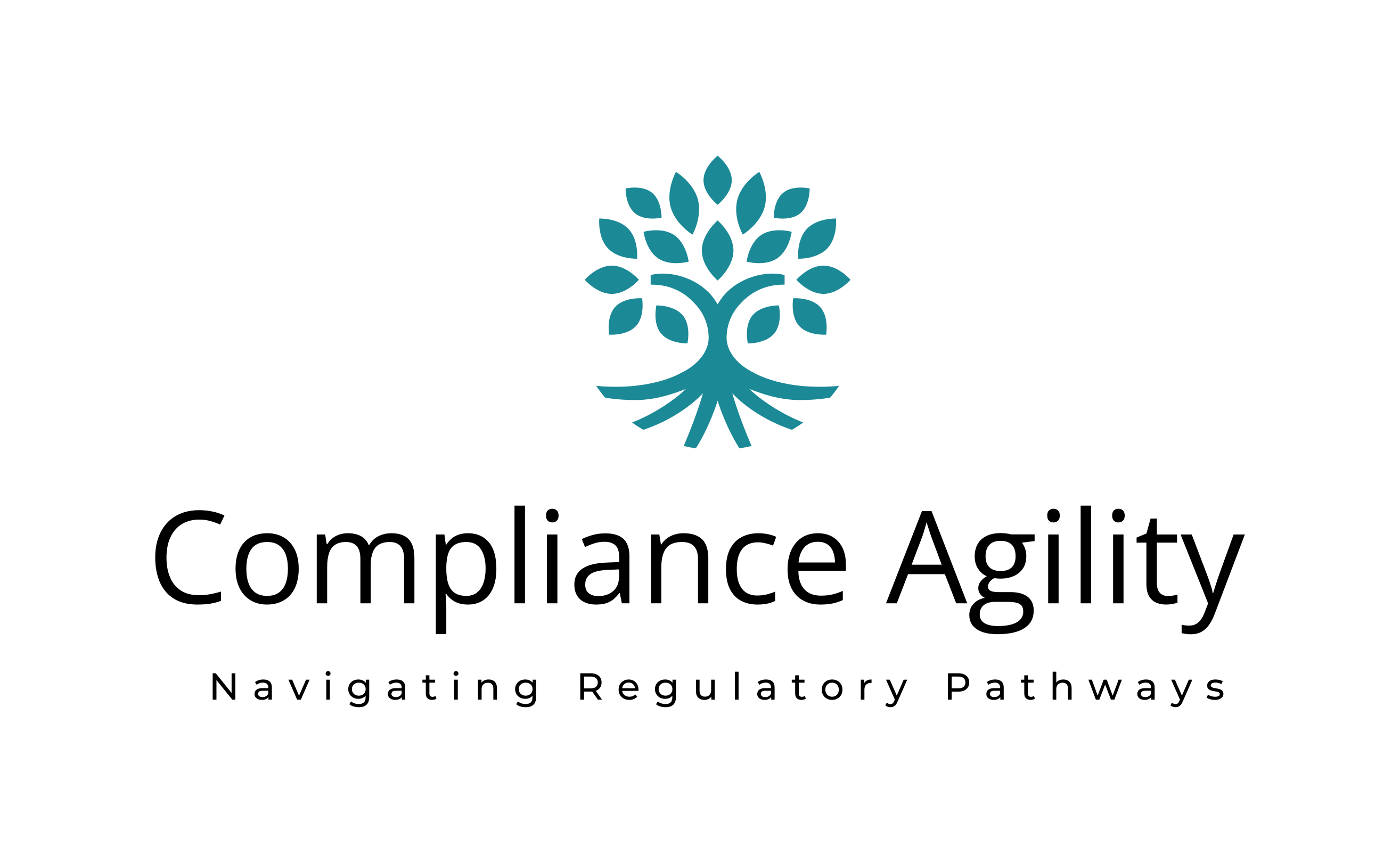
Lean Propels Minority Trailblazer to Exponential Heights
Breaking through traditional barriers, Goodrich Aerospace Systems (United Tech. and now Raytheon) have joined forces to create an innovative cross-border manufacturing hub. This bold initiative redefined aerospace manufacturing with cutting-edge technologies and exponential growth strategies.
In a daring move that defied industry norms, Goodrich Aerospace Systems (acquired by United Technologies and now Raytheon), embarked on an audacious plan to establish a cutting-edge cross-border aerospace manufacturing campus. This bold initiative was spearheaded by Connie Rascon-Gunther, a trailblazing minority female leader in the traditionally male-dominated aerospace sector.
The impetus behind this ambitious endeavor was twofold: to harness the power of lean manufacturing principles while simultaneously embracing exponential strategies to fuel innovation and growth. By strategically locating the campus in a cost-effective region, Goodrich/UTC/RTX sought to gain a competitive edge in a rapidly evolving global marketplace.
This chapter is part of a larger book, Exponential Organizations in Action: Community-Curated Case Studies Transforming An Abundant Future, that showcases how the exponential organization (ExO) framework pioneered by Salim Ismail, Peter Diamandis and a community of curators can be applied by small and medium enterprises and entrepreneurs.

[Excerpt from the chapter…
Large corporations are often facing challenges related to competition, innovation, and adaptation to rapidly changing market dynamics. In recent years, there has been a growing emphasis on the need for these corporations to adopt exponential thinking to stay relevant and competitive, in addition to Lean philosophy to streamline their product and service processes.
Exponential thinking involves shifting from traditional linear growth models to ones that embrace exponential technologies, rapid innovation cycles, and disruptive business models. Companies that fail to embrace exponential thinking risk falling behind competitors who are quicker to adapt to market changes and leverage emerging technologies.
If large corporations don’t become exponential in their thinking, several consequences may occur:
1. Loss of competitiveness.
2. Disruption by startups.
3. Missed opportunities and adoption of technologies.
4. Regulatory challenges due to unable to keep pace with the increasing global, domestic and regional and city legislation and operating requirements.
5. Reputation damage when seeking to hire the younger workforce as the company is stuck in using manual processes or less effective systems.
Overall, the failure to embrace exponential thinking can lead to stagnation, decline and even eventual obsolescence especially for large corporations. To remain competitive and thrive in the digital age, it is essential for companies to foster a culture of innovation, agility and adaptability throughout their organizations.
The aerospace industry has undergone significant consolidation from the 1950s to the present day, driven by various factors, including technological advancements, market pressures, regulatory changes, and globalization. Here's an overview of the key trends in consolidation during this period:
1. Post-World War II Expansion (1950s – 1960s): rapid expansion fueled by military spending, space exploration, and the rise of commercial aviation. Numerous small aerospace companies emerged, specializing in specific components or technologies.
2. Merger Wave (1970s – 1980s); There was a wave of mergers and acquisitions in the aerospace industry, driven by factors of cost pressures, increasing competition and the need for economies of scale. The big fish were Boeing, Lockheed and Northrop who acquired their competitors. Companies had to figure out how to integrate the acquisitions and there were several challenges.
3. Defense Industry Consolidation (1990’s – 2000s): The end of Cold War led to a decline of defense spending, prompted further consolidation in the defense industry.
4. Commercial Aerospace Consolidation (2000s – present): continued factors such as globalization, increasing competition, and need to innovation. Also, the acquisition of suppliers to create an integrated supply chain and the move to Industry 4.0
Lean Thinking and Exponential Leaders
- In 1992, Connie was selected to participate in the transformation of an aerospace company, from traditional manufacturing to lean principles. Sixty persons in various managerial roles participated in the session and oath to take the company from almost bankruptcy to profitable. A book was written about the transformation, "Culture, Change and Continuous Improvement, from Bankruptcy to Industry Leadership a True Aerospace Story" by Martin Lodge and Colin Cramp. We learned to use various tools accomplishing team consensus, mapping capacity, manufacturing methods, and streamlined processes with the principle of using the “least waste way”.
- In 10 years, we went from almost closing the doors to a $7B company. It was by first transforming the culture, then implementing the Toyota Production System/Lean Thinking brought innovated approach to methodologies. Problems were addressed using systems thinking and by using “creativity before capital”. We transformed every manufacturing and office processes and redesigned them into a new “Goodrich Operating System”. Our language changed, all meetings were conducted in “Lean speak” and our culture no longer accepted "blame, finger pointing and “don’t let management know what just happened” to open communication. The leadership and employees wanted an environment of trust and respect. If problems were brought forward we used an methodology of documenting as “Opportunity, Problem, or Innovation” as a proposed countermeasures to the issue and a task ownership. We also had created a culture of being ok to fail. One step forward and two steps back. It was a challenging change for some leaders who decided they could not work in a team directed environment, but instead felt their role was command and control the underlings. Those leaders left the company.
- By 2005, the aerospace industry was changing again. The cost to operate in California was continuing to increase and the regulations and requirements were no longer cost effective to expand in the state. The days of moving the work to business-friendly states no longer was financially desirable to meet our large capital investment in products and customer support commitments to the airlines. Our global supply chain had its limitations. We needed to pursue international expansion, as our global suppliers were not capable of producing specific component parts and assemblies critical to our product lines. Capital investments were expanding to several business units, which now numbered 17 global businesses. As Connie completed her MBA in technology, she suggested to her Supply Chain V.P., why don’t we build an international facility to house the expanding programs and upgrade our technologies. Little did she realize; that the V.P. would ask her to lead this co-project because it was her idea. She had great executive leadership support as she co-lead this effort.
- Lean was great! It had worked in the past to redesign our office and factory processes and reduce the cost to operate. Now the challenge was to quickly assess and executive an international expansion. We were going to embark on exponential thinking to envision the campus and manufacturing design and execute this plan. The journey required that first we moved to a secluded space to devise the plan. Most companies that try to change their business models within the same operating space usually has the internal immune system kill the project. This did not happen, as the team worked in a completely separate space and only the persons on the organization chart could enter the office spaces. The team was focused on a MTP of “What if we could house the ultimate lean manufacturing site in a cost competitive location”. We utilized multiple ExO Attributes/Methodologies such as Staff on Demand which allowed for the bidders on the design of the building, the site selection and manufacturing transition teams to expand and contract as needed to address the various requirements defined and targets.
…End of Chapter Excerpt]

Undeterred by the challenges of navigating complex regulatory landscapes and cultural nuances, Connie's team leveraged a potent combination of exponential organization (ExO) methodologies. They employed a dynamic "Staff on Demand" model, seamlessly integrating internal experts, external consultants, and suppliers as needed. Moreover, they embraced the principles of "Community & Crowd" by sequestering the planning team in a secluded workspace, fostering an environment conducive to unhindered creativity and innovation.
Through meticulous site assessments and SWOT analyses, the team identified the optimal location for the aerospace manufacturing campus, exemplifying the "Leveraged Assets" attribute. Cutting-edge technologies, such as Building Information Modeling (BIM) software, facilitated "Experimentation," allowing for iterative design and optimization of the campus layout.
Critically, the Manufacturing Capacity Expansion (MCE) initiative was granted "Autonomy," operating as a separate entity within Mexico, enabling agility and responsiveness to local market dynamics. This autonomy was further bolstered by the strategic hiring of a plant manager deeply versed in the cultural nuances of the region, underscoring the importance of "Social" intelligence.
The result? Within an ambitious 24-month timeframe, Goodrich/UTC/RTX successfully launched its state-of-the-art international aerospace campus, a testament to the synergistic fusion of lean principles and exponential strategies. This accomplishment not only secured the company's competitive foothold but also paved the way for future growth and innovation.
Fast forward, and Connie's trailblazing leadership extended beyond this transformative project. Drawing upon her extensive experience in navigating complex compliance landscapes, she co-founded Compliance Agility, a visionary SaaS solution dedicated to enabling seamless emissions reporting and supporting the various compliance oriented requirements by city, state, government and even United Nations' Sustainable Development Goals (SDGs).
Her passion for driving positive change led her to be selected in the role of Southern Border Coalition Sector Lead at California Jobs First Program, formerly CERF (Climate & Economic Resilience Funding), further amplifying her impact on sustainability initiatives. Simultaneously, she founded Gunther Services Consulting, a firm committed to empowering businesses with tailored strategies for navigating the intricate realm of compliance (ISO, Climate Action Plans, Renewable Energy and Resilience Plans, etc.)
Connie's remarkable journey, chronicled in the forthcoming book "Exponential Organizations in Action," serves as a powerful testament to the transformative potential of lean and exponential thinking. Her story resonates as a beacon of inspiration, demonstrating that diverse leadership, coupled with an unwavering commitment to innovation and sustainability, can propel businesses to unprecedented heights.
As industries continue to evolve at an unprecedented pace, trailblazers like Connie Rascon-Gunther will play an increasingly pivotal role in pulling together persons who are like-minded thinkers with a bias for action, driving sustainable growth, fostering compliance, and catalyzing positive change on a global scale and with a community commitment.
The Future of the Aerospace Industry - Siemens Software
See the complete chapter in:
Exponential Organizations in Action: Community-Curated Case Studies Transforming An Abundant Future
Birthed from the same decentralized community that catalyzed Exponential Organizations: Version 2.0 by Salim Ismail, Peter Diamandis, and Michael S. Malone, this audacious book charts an evolutionary path towards post-industrial abundance. It harmonizes exponential thinking with syntropic design principles and the collaborative ethos of web3, guided by the visionary ideas of our very own futurists.
Sign up here for the pre-release of the Group Chapter Book built by the community for the community.
About the Authors
Niki Faldemolaei
Niki's portfolio includes transformative projects like Compliance Agility for SDG/ESG's, ExO Angels, and the Extended Health Span Index, demonstrating her ability to reshape industries and drive impactful change.
Connie Rascon Gunther
Transforming ideas into important grand-scale projects! I have built a team to answer the challenge and who can accomplish great things together, focused on improving lives, transforming businesses, and being great stewards of the planet. Gunther Services Inc. (GSI) values long-term relationships, being the best-trusted partner, and our talented leaders and team will transform and grow your business.
Stewarded by ExO Angels
ExO Angels have deep ties to solving global challenges. In recent years, there has been an increased focus on decentralized forms of social organization. This shift is in part due to the growing body of evidence that decentralized systems are more effective at meeting the needs of their members. When power is decentralized, individuals are able to make decisions that are based on the needs of their community rather than the top 1%. This leads to more equitable and sustainable societies.
One of the most important benefits of decentralized systems is that they give the female archetype a greater role in decision-making. When women are given sovereignty over their own communities, they are more likely to focus on the needs of their residents. This, in turn, leads to more sustainable and equitable societies. Decentralization is a powerful tool for promoting social justice and creating more livable communities. The time is now to embody the divine balance of nature's law.
#aerospace #climateaction #environmentalimpact #sustainability #exponentialorganization #syntropicworld #communityengagement #exoangels

Immerse yourself in the game-changing ideas of OpenExO.
Begin your journey here 🎟️ExOPass & 📚Exponential Organizations 2.0
Weekly on Thursdays: Join our weekly ExO Networking calls by Registering here
Participate in the weekly ExO Masterminds sessions by Registering here
ExO Insight Newsletter
Join the newsletter to receive the latest updates in your inbox.









